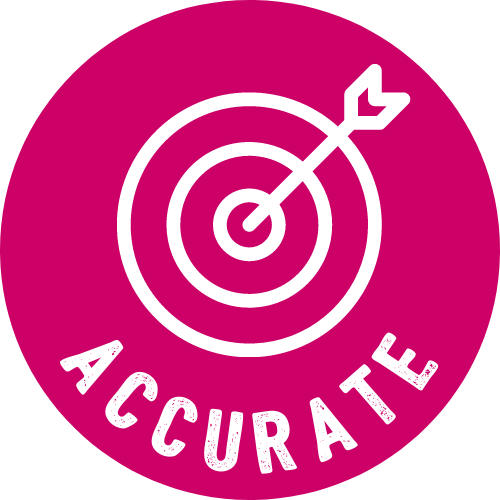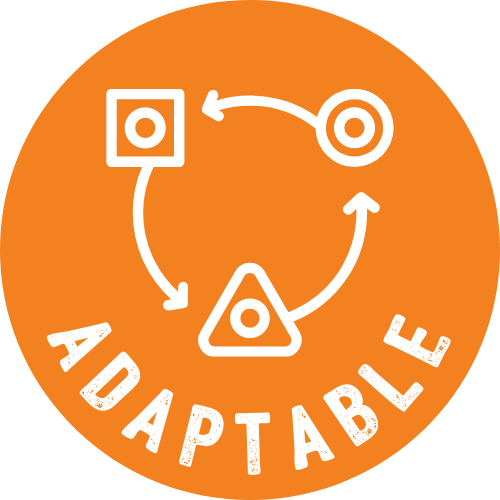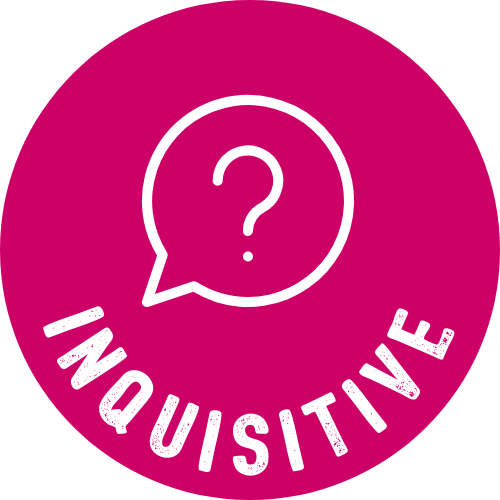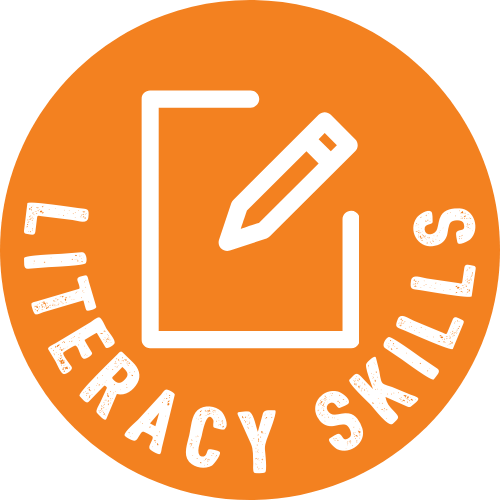Meet - UK Parliament
UK Parliament is the home of our country’s democracy, with the House of Commons and House of Lords examining and challenging the work of the government through questioning ministers and debating and passing new laws.
We don’t run cohorts as we have so many unique and exciting roles. Apprentices will join teams right across the organisation on a more individual basis in roles such as Security, Education, Communications, Committees, Data and Digital, HR, Finance, Catering, Construction and many more. UK Parliament is a fantastic place to kickstart your career. We offer the support, the flexibility, and the ongoing career development that’s sure to make your first steps add up to more.
Skills we look for








What makes us a great employer
A great place to work
UK Parliament is a great place to work and you will have access to some unique benefits and experiences. Most of our roles require regular travel to Westminster and you will be rewarded with one of the most exciting workplaces in the UK. Have a morning coffee from any of our various restaurants, walk through Westminster Hall on your lunch break, maybe even take your friends and family on a personalised tour around the Palace of Westminster – it’s up to you!
Competitive salary and benefits
Apprentices are offered a salary of at least the London Living Wage, which is double the national apprenticeship wage.
Apprentices will also get other benefits, including an initial 30 days’ annual leave rising to 35 days after your first full year of service, a Civil Service pension, access to health, well-being and discount schemes, such as Mylifestyle and London Heritage Quarter Hubb App, as well as an interest-free season ticket loan and bicycle loan so you can travel around the city.
Apprenticeships Details
Broad range of apprenticeships
What makes Parliament’s apprenticeships different and exciting is the range of roles we have across the House of Lords, House of Commons and the Parliamentary Digital Service – everything from plumbing to accountancy, digital and data roles, business admin, HR and much more, from level 2 to level 7.
Apprentices make a huge difference to Parliament – they allow a whole host of people who maybe wouldn’t have come to Parliament otherwise to join our teams and teach us what they know, as well as us teaching them. Apprentices will have the unique opportunity to learn and develop their skills in the UK Parliament, the home of British democracy and in return we receive the benefit of fresh thinking, enthusiasm and new insight.
Development opportunities
UK Parliament are committed to offering a positive, inclusive working environment where people are valued for the skills that they bring to work. It is important that we offer training and development opportunities to support everyone to excel in their roles, progress their careers and reach their full potential with us.
Applying for our Apprenticeships
-
Start
-
1
To get started, so long as you’ve lived in the UK for at least 3 of the last 5 years, you’ll be eligible to submit your online application form. This is your chance to show us how you meet the essential criteria for the role you’re applying for. You’ll find these criteria in the Person Specification, which is part of the Job Description. There is no right or wrong number of examples, but two is usual. One example may be enough if it convincingly demonstrates all aspects of the criterion.
Remember, we are most interested in hearing about what you did, how you did it and why you did it that way (i.e. the “action” part of STAR).
-
2
If you are successful at the application stage, you will be invited to an interview conducted either in person or virtually. Typically, interviews last 30 to 45 minutes and during this time the interview panel will ask you questions that reflect the criteria in the Job Description and give you the opportunity to talk us through your skills or experience in more detail.
For some roles, we may ask you to complete additional tasks, such as a test or presentation.
-
3
If your interview has been successful, we’ll then make you a conditional offer for the position, subject to checks and vetting.
-
4
We’ll check your right to work in the UK, and ask for your references for the last three years. Your application will also be subject to security vetting at Counter Terrorism Check level or higher. To enable meaningful checks to be carried out, you will need to have lived in the UK for a sufficient period of time (a minimum of three years out of the last five years).
-
5
Once your start date is confirmed, you’ll start the enrolment process for your apprenticeship programme. We’ll also make sure you have the right workplace adjustments in place. During your first few days, we’ll provide you with a laptop, uniform (if necessary), or any tools that are relevant for your role. Once you’ve started your new role with us, we’ll also provide you with an induction to help you settle in.
-
End
Need some extra support?
As a Disability Confident Leader, if you require extra support or help with your application please let us know. Alternatively you can find more information to support you with your application: Application form hints and tips – UK Parliament.
Also in the interview stage, we are committed to offering an interview to disabled applicants who meet the minimum criteria for the role, outlined in the Job Description. This applies if you have a long-term health condition or any visible disabilities, as well as hidden disabilities, such as mental health and neurodiversity (for example autism, ADHD, ADD, dyslexia, dyscalculia and dyspraxia).
What our apprentices do!
With the apprenticeship, it’s studying and working at the same time, so getting your experience at the same time. There’s more chance of you getting a job straight after your apprenticeship than you would straight out of uni.

I have definitely learned a lot during the apprenticeship. My background wasn’t business studies, so first and foremost it gave me a really good idea of what the basic business administration skills are, such as how to chair a meeting, write agendas and minutes. It also taught me how to run a project, which was really interesting as I came up with the idea of a printing manual, which I really felt made a difference within my own team and the House of Lords Catering and Retail Service. I developed project and change management skills, as well as organisational and communication skills. As a result, my confidence grew a lot too.

I have just started my third apprenticeship whilst working for the House of Commons. The first apprenticeship I completed was Level 3 Business Administration, I then completed Level 4 Associate Project Management and I am now working on my Level 6 Project Management degree apprenticeship. During my apprenticeships, the main skills I’ve gained are the ability in confidently speaking with stakeholders, clear communications both written and verbal, problem solving and leadership.

I joined the Property and Office Services as an Administration Officer working towards a Level 3 Diploma in Business Administration.
The biggest benefits of an apprenticeship are being able to join the workforce without the need to go to university. Additionally, working towards a qualification while also making an income and forging a career. Staff of the House of Lords Administration were very supportive during my apprenticeship scheme. They gave me time and flexibility to study and complete coursework, and provided me with help and resources when required.


